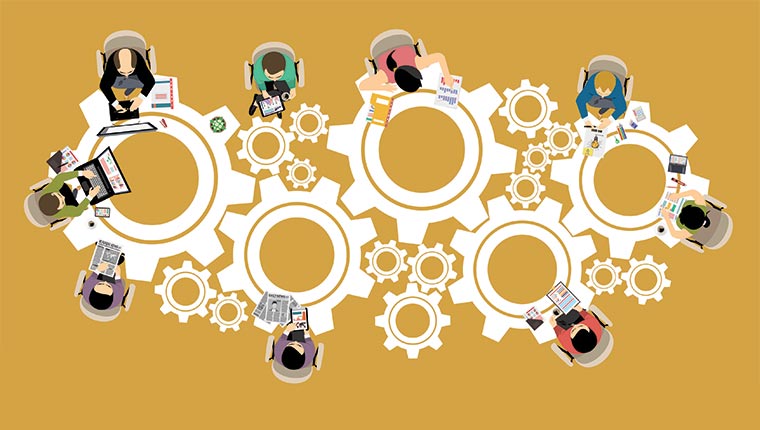Representing the voice of learning disability

The following piece features in the ResponseSource Diversity in Journalism white paper, which can be downloaded here, and comes from Harry Roche, communications assistant and ambassador at Mencap.
There are 1.5 million people with a learning disability in the UK. This is a big population and it’s shocking that the majority of the public still don’t understand learning disability, partly because they rarely see us in the media. Research from Ipsos MORI and Mencap found that, in 2016, just 10% of the public had seen someone with a learning disability featured in newspapers or magazines in the past six months.
A learning disability is a reduced intellectual ability, which can make everyday tasks harder and affects someone for their whole life. But, with the right support, people with a learning disability can achieve their dreams, whether that’s finding a job, getting married or even running a marathon!
It is so important that people with a learning disability are visible in society, in order to change public attitudes, challenge stigma and show the world what people with a learning disability can achieve. The media plays a big role in this.
Through my role at Mencap as a Communications Assistant and ambassador, I’m proud to have appeared in all kinds of media to talk about learning disability. I’ve been interviewed live on BBC Breakfast about inclusive sport, spoken about voting rights at the European parliament, and regularly present at events. I also recently launched my ‘History with Harry’ YouTube series that received 22,000 views on Twitter. The media I have worked with have always been very supportive by taking time to help me understand everything and make sure I feel comfortable and prepared. Now I want other people to have those opportunities as well.
When a journalist works with a spokesperson who has a learning disability, they can better report on the issues that we are facing and the reality of our daily lives, which can help to change attitudes and tackle the stigma we experience every day. Mencap is the UK’s leading voice of learning disability and we believe that, as much as possible, this voice should come from someone who has a learning disability. Like with any charity, it is the people with lived experience who can really understand the issues and share their experiences. Because of this, we put forward spokespeople from the charity who have a learning disability.
Some journalists may get this confused and think I am acting as a ‘case study’. I am not a case study, I am a Mencap spokesperson and ambassador who is sharing my experiences and advocating for others. If people see that in the media, it plays a big role in reducing stigma and discrimination.
Often all that people with a learning disability need, whether it’s in healthcare, employment or the media, are reasonable adjustments. These are small changes that can make a big difference. It can include giving people with a learning disability more time, clearer information and better communication. So, if you are interviewing someone with a learning disability, avoid jargon, speak clearly and use everyday words.
The only way we’re going to improve diversity and inclusion is for the public to see people with a learning disability and it can’t just be a token appearance. The media should show the many different things we are involved in – whether it’s employment, advocacy or sports – and they should do it more often. My role at Mencap has already given me so many opportunities to tell the story of learning disability and now I am ambitious to appear in an even wider variety of media. I want different types of people to get to know me and to show what I can do, so I invite you to get in touch with our media team to help us shine a light on learning disability.
We’ve got lots of resources to help you, like our Journalist’s guide to learning disability, and we’re happy to answer any questions you have. We want to work with you to help outlets make their work more inclusive and to tackle stigma in society.
Harry Roche is Mencap communications assistant and ambassador. Mencap is the UK’s leading voice of learning disability, working with people with a learning disability and their families and carers. Mencap works collaboratively, fighting for equal rights, campaigning for greater opportunities and challenging attitudes and prejudice. For more information about working with Mencap, contact media@mencap.org.uk or 020 7696 5414.